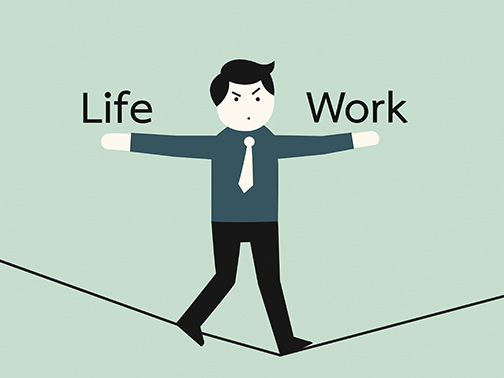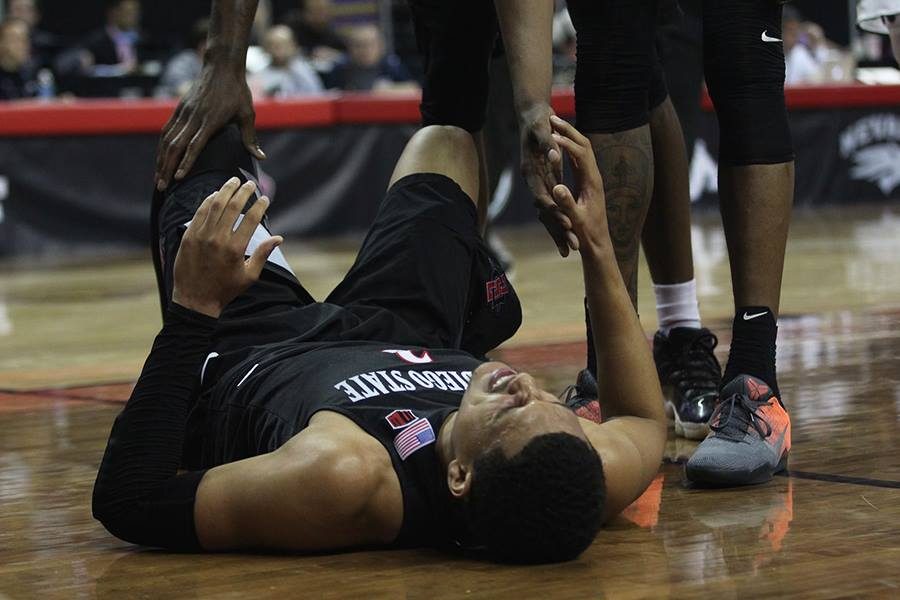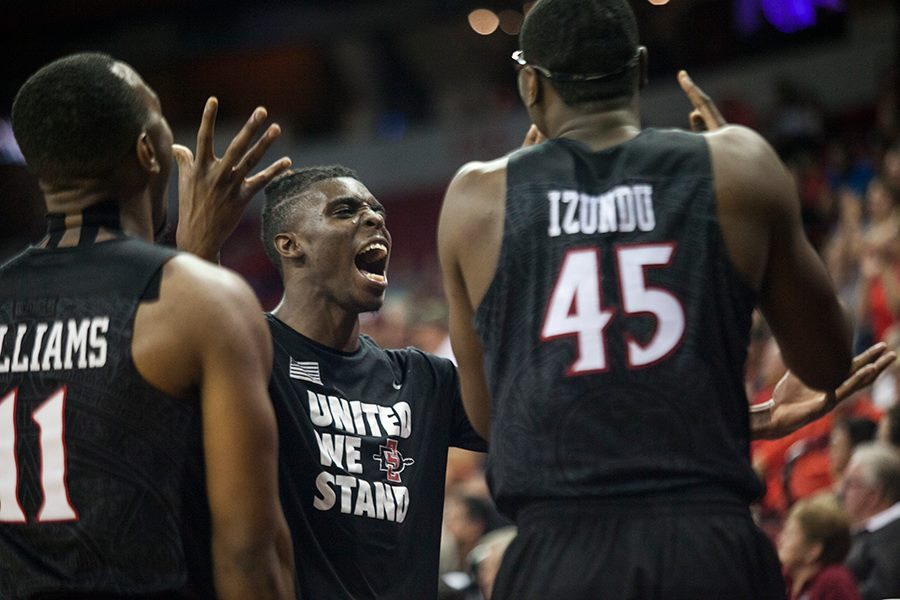
Who knew a part-time job at a beauty supply store can teach you what shampoos and conditioners to use for an itchy, dry scalp? In case you’re wondering, the full treatment will cost you about $100.
I was hired five days before the fall semester and as my classes picked up the pace, I felt the pressure. By pressure, I mean multiple metaphoric bricks on my shoulders. Earning some extra cash was my initial priority, but it’s only been two months and juggling 15 units, a job and a social life has been quite challenging.
Full-time students with full-time jobs deserve a medal. How they manage their lives without crying every day is beyond me. I only work two days a week and I feel entitled to a glass of wine to unwind after a long day.
University costs have significantly risen over the past decade and many factors come into play when thinking about students with jobs. From the experience they hope to gain, to the money for their rent each month, working students are a part of the American educational culture.
Employers expect more of students. Not only are students expected to be hard-workers with decent grades, they must get their foot in the door as soon as possible. If these efforts are not made, whether in the form of internships or jobs, students lose their competitive edge and the opportunity to meet future employers. The labor market is only getting more and more competitive, but there also seems to be little consideration for the repercussions on students.
James Tarbox, executive director for San Diego State’s Career Services, explained developing a network as a student is extremely important and achievable through many different ways. Although it’s important to fulfill as many obligations as possible, Tarbox said students should consider their priorities, along with their level of experience and abilities, to take on certain obligations and commit to them.
Marketing senior Veronica Varela enjoys working as an executive office assistant three days a week. She’s stepping out of her comfort zone and getting a head start before graduating. She said she’s not motivated by the money because she still relies on her parents and receives financial aid. Varela doesn’t believe her grades suffer because of her work. She has learned how to manage her time better. She makes sure her major-related grades stay up, while her general education classes have more breathing room.
Even if students begin to prioritize their classes by importance, why is it that they must begin to make choices? Shouldn’t they be encouraged by teachers and employers to give all their classes equal attention?
Valeria Ceron has been working as an intern for the Chula Vista Engineering Department for a year and a half and has experienced a series of ups and downs in her coursework. At one point, she juggled a job at a recreational center, teaching ballet classes, math tutoring and an engineering internship along with her coursework. If that doesn’t boggle your mind, I don’t know what will.
The months when she was doing everything short of fixing the world’s problems, Ceron was stressed, to say the least. She was commuting from SDSU to Chula Vista and dedicating more hours to her internship in order to prove herself to the department’s higher-ups. Ceron also found herself skipping meals and classes when her grades began to drop.
The waters are calm this semester, but Ceron’s perspective has changed since then. When thinking about some of her peers who are doing little to get their foot in the door, she feels frustration.
“You have no excuse to have mediocre grades because there’s no other major force distracting you,” Ceron said.
Times have changed and today, we live in a highly competitive world where getting by doesn’t cut it. It’s sad, but true. There are so many different pressures on students that balance in their lives is becoming a luxury, not an expectation.
SDSU’s student body is incredibly diverse and there are all sorts of motivations behind the activities we dedicate our time to. We all have a right to move as fast or slow as we desire in our respective careers. But when other factors and expectations come into play, it’s perfectly fair for students to feel overwhelmed. Our grades don’t deserve to suffer because we have to comply with demands associated with our post-graduation success.
We’re not supposed to be burn out during the best years of our lives. We shouldn’t be expected to become multitasking and efficiency robots, we should be expected to be exactly what we are; students.












